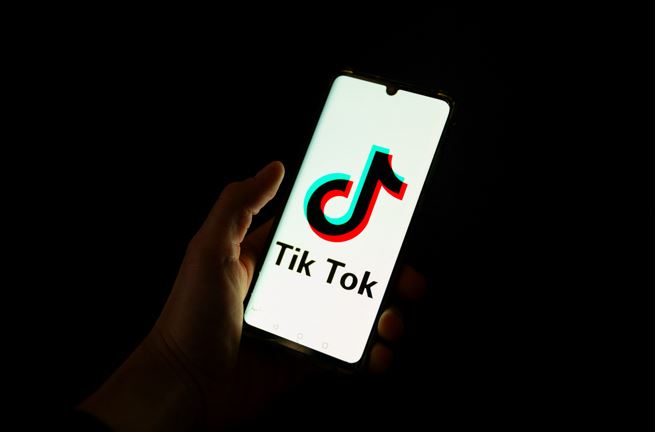TikTok restored its service in the United States on Sunday after briefly going offline as a law banning the popular app on national security grounds came into effect.
TikTok credited President-elect Donald Trump, who will assume office on Monday, for making the reversal possible—despite the outgoing administration of President Joe Biden earlier stating it would not enforce the ban.
The video-sharing app went dark in the United States late Saturday as a deadline for its Chinese owners, ByteDance, to sell its US subsidiary to non-Chinese buyers approached.
Earlier on Sunday, as millions of dismayed users found themselves unable to access the app, Trump promised to issue an executive order delaying the ban to allow time to “make a deal.”
He also proposed, via his Truth Social platform, that the United States should take part-ownership of TikTok.
The president-elect stated that he “would like the United States to have a 50% ownership position in a joint venture,” arguing that the app’s value could rise to “hundreds of billions of dollars—maybe trillions.”
“By doing this, we save TikTok and keep it in good hands,” Trump wrote. He had previously supported a TikTok ban and, during his first term, made moves towards enacting one.
In a statement posted on X following Trump’s comments, TikTok said it was “in the process of restoring service.”
“We thank President Trump for providing the necessary clarity and assurance to our service providers that they will face no penalties for providing TikTok to over 170 million Americans.”
TikTok, which was back online in the United States by Sunday afternoon, did not address Trump’s proposal for partial American ownership of the app.
The law allows for a 90-day delay of the ban if the White House can demonstrate progress towards a viable deal. However, ByteDance has so far refused to sell.
The Biden administration has indicated it would leave enforcement of the law to Trump.
From teenage dancers to grandmothers sharing cooking tips, TikTok has been embraced for its ability to transform ordinary users into global celebrities through viral videos.
However, it has also faced criticism for disinformation, and its Chinese ownership has fuelled national security concerns both in the United States and internationally.
Sunday’s blackout followed the US Supreme Court’s decision on Friday to uphold the legislation banning TikTok pending a sale.
Trump, who signed an executive order increasing pressure on ByteDance to sell in 2020, has credited the app with helping him connect with younger voters.
It remains unclear what the incoming president can do to lift the ban unless ByteDance agrees to sell.
“Congress wrote this law to be virtually president-proof,” warned Adam Kovacevich, chief executive of the industry trade group Chamber of Progress.
‘I Love TikTok’
The law not only removes TikTok from app stores but also requires Apple and Google to block new downloads. The companies could face fines of up to $5,000 per user if the app is accessed.
Oracle, which hosts TikTok’s servers, would also be legally required to enforce the ban.
Other social media platforms, such as X, were flooded with memes and comments mourning the app’s temporary shutdown. Some posts were more cynical, referencing Trump’s own past efforts to ban TikTok.
In Europe, TikTok’s suspension drew praise from Estonia’s foreign minister, Margus Tsahkna, who said on X: “Banning TikTok must be considered in Europe as well.”
The ban became a talking point at the Australian Open, where American tennis player Coco Gauff wrote “RIP TikTok USA” on a courtside camera.
“I love TikTok, it’s like an escape… hopefully, it comes back,” the world number three told reporters.
Offers for TikTok
On Saturday, Perplexity AI, a highly valued start-up, proposed a merger with TikTok’s US subsidiary, a source familiar with the deal told AFP. The proposal did not specify a price, but the source estimated it would cost at least $50 billion.
Frank McCourt, the former owner of the Los Angeles Dodgers, has also submitted an offer to purchase TikTok’s US operations.
AFP
